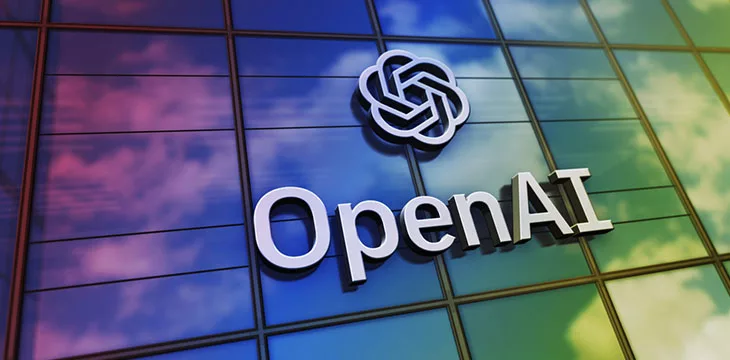OpenAI Unveils New AI Agent Tools Amid Rising Competition from China
OpenAI Launches Advanced AI Developer Tools
OpenAI has introduced a new suite of developer tools designed to simplify the creation of AI-powered agents capable of performing complex tasks autonomously. This move comes as Chinese AI startups, particularly Monica AI, continue to gain ground with competitive offerings.
At the heart of OpenAI’s latest release is the Responses API, set to replace the existing Assistants API by mid-2026. The new API enhances automation by integrating powerful built-in tools, allowing developers to build AI agents that can efficiently handle sophisticated workflows.
Key Features of the Responses API

The Responses API introduces several advanced functionalities to improve AI-driven automation:
- Web Search: AI agents can perform real-time internet searches and provide citations, similar to ChatGPT’s browsing capabilities.
- File Search: AI models can retrieve information from uploaded documents, boosting efficiency in tasks such as legal research and customer support.
- Computer Use: AI agents can interact with virtual machines, analyzing screenshots and executing actions like clicking, typing, and scrolling.
To complement the API, OpenAI has also introduced the Agents SDK, an open-source toolkit designed to help developers manage and coordinate multiple AI agents efficiently. The SDK includes:
- Configurable agents with specialized instructions and tool access.
- Automated agent handoffs based on context.
- Security guardrails, including content moderation.
- Debugging and performance-tracing features.
Competition From Chinese AI Startups
READ ALSO: Google vs Microsoft: The Fight Over OpenAI’s Exclusive Deal
OpenAI’s latest advancements come at a time when Chinese AI companies are rapidly advancing their technology. Monica AI, for instance, has launched Manus AI, an agent reportedly outperforming OpenAI’s DeepResearch tool. Moreover, Monica AI is collaborating with the team behind Alibaba’s Qwen AI models, further intensifying the competition.
Chinese AI firms are focusing on cost-effective, high-performance solutions, making them attractive alternatives to OpenAI’s ecosystem. Companies like Baidu and Tencent are also heavily investing in AI development, posing a significant challenge to OpenAI’s market dominance.
The Future of AI-Powered Automation
OpenAI’s initiative underscores a broader trend toward enhancing corporate productivity through customizable AI solutions. By providing developers with powerful new tools, OpenAI aims to maintain its competitive edge while empowering businesses to leverage AI for complex tasks.
However, with Chinese startups accelerating their advancements, the global AI landscape is becoming more competitive than ever. The battle for AI supremacy is heating up, and the winners will be those who can offer the most efficient, scalable, and cost-effective AI solutions.



